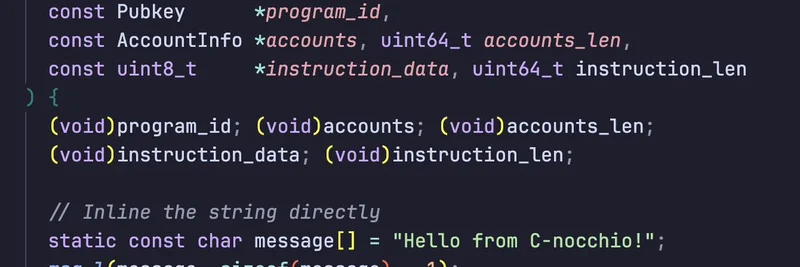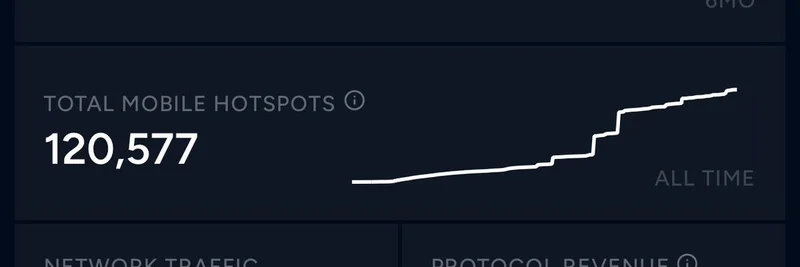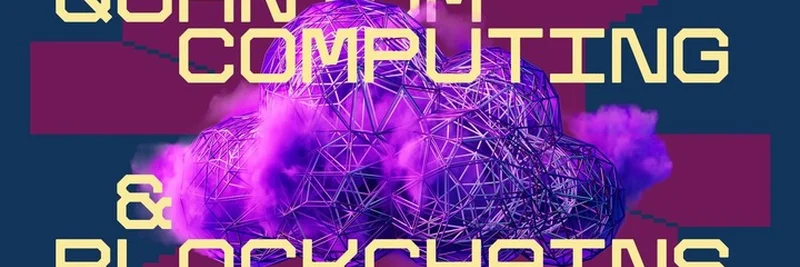If you're diving into Solana development, you know Rust is the go-to language for writing programs on the Solana Virtual Machine (SVM). But what if you could use C instead? That's where C-Nocchio comes in—a fun proof-of-concept (PoC) shared by Arthur Bretas on X that lets you experiment with writing Solana programs in C.
Arthur, an SVM engineer at SonicSVM and a member of SuperteamBR, posted about this experiment, drawing inspiration from @pyvitor's work on Zig-Nocchio. He used the SBPF linker from Blueshift to make it happen. SBPF stands for Solana Berkeley Packet Filter, which is essentially the bytecode format for Solana programs. The linker helps compile and link code into a format that Solana can understand.
The PoC is minimal, just enough to get a "Hello from C-nocchio!" message logged. But it's a cool starting point for devs who prefer C's simplicity over Rust's steeper learning curve. To try it out, you can install the SBPF linker with cargo install sbpf-linker and check out the repo on GitHub.
Why This Matters for Meme Token Creators
Meme tokens often launch on Solana due to its speed and low fees, but building custom logic can be a hurdle if you're not fluent in Rust. Tools like C-Nocchio could lower the barrier, letting more developers—from traditional software backgrounds—jump in and create innovative features for their tokens. Imagine easier integrations or custom smart contracts without wrestling with borrow checkers.
In the thread, folks chimed in about the challenges of C on Solana. One user mentioned struggling with outdated docs and lack of IDE support a year ago, highlighting how fragmented the ecosystem can be. Arthur responded that while this is simple, it could evolve into a more usable SDK.
Getting Started with C-Nocchio
Install Dependencies: Run
cargo install sbpf-linkerto get the linker tool.Clone the Repo: Head to GitHub and clone it.
Build and Deploy: Follow the instructions to compile your C code into SBPF and deploy to Solana.
This isn't production-ready yet—it's a PoC for experimentation. But it shows the potential for language diversity in blockchain dev, which could spark more open-source contributions.
If you're into Solana hacks or meme token tech, keep an eye on projects like this. They might just make your next launch smoother. For more on Solana tools and meme token insights, stick around on Meme Insider.



